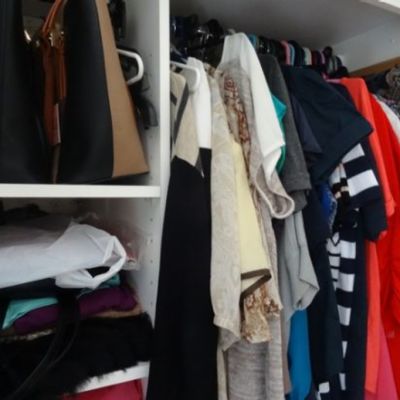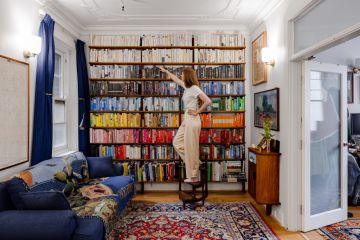Marie Kondo is right: You should part ways with your books
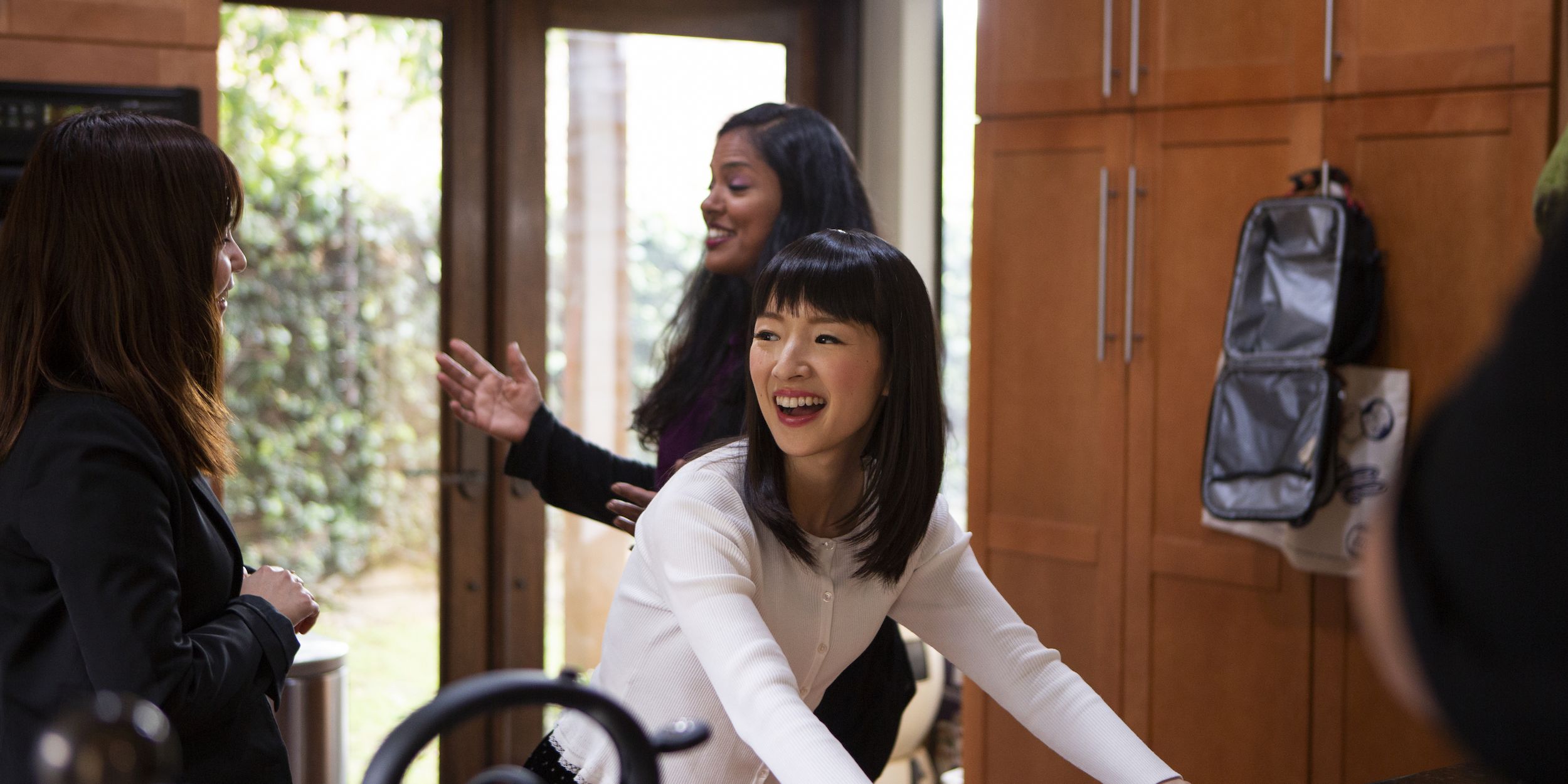
Unless you’ve been ensconced in the bowels of your own private library, you’ve probably heard about the controversy surrounding famed organising consultant and author Marie Kondo and her stance on books.
Kondo, whose new Netflix series, Tidy Up, focuses on decluttering ordinary people’s homes, has caused robust outrage from bookish types for her suggestion that if a book no longer “sparks joy” it might be worth getting rid of.
Not since the idea that sugar might be bad for us have so many been so proudly, and staunchly, offended.
Twitter erupted into a tsunami of umbrage, with novelist and critic Anakana Schofield pleading, “Do NOT listen to Marie Kondo or Konmari in relation to books. Fill your apartment & world with them. I don’t give a shite if you throw out your knickers and Tupperware but the woman is very misguided about BOOKS. Every human needs a v extensive library not clean, boring shelves”, declaring in a full-length article that books should not spark joy, but rather challenge and perturb, while another Twitter user claimed her books were her “dearest friends”.
OK.
If we can bookmark that argument for just a minute and look at what Kondo actually said, which is that people should keep their books if they truly love them but for her, personally, going above 30 was starting to feel a little suffocating, we can begin to calmly accept that a polite 34-year-old Japanese woman in a midi skirt is not coming to murder your paper babies.
Kondo, who once explained in an interview that the purpose of tidying is to actually find things that make you happy, would have no trouble with my bookshelf, for you see … I do not have one!
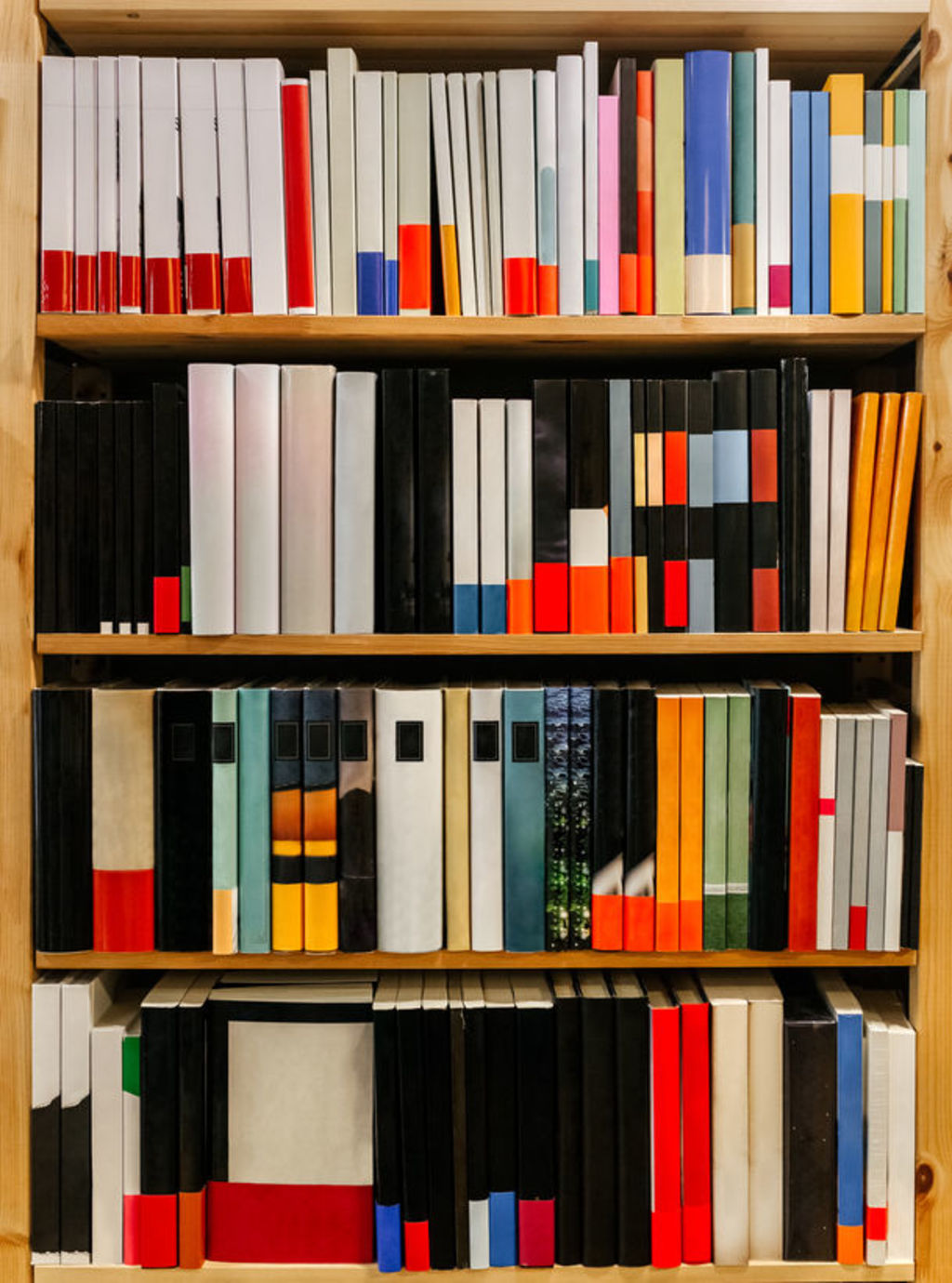
That’s right! No bookshelf and approximately 10 books in my home – total. Now, don’t get me wrong, I love books. I’ve been reading them since I was three and I’ve made a living out of writing for almost two decades. I majored in English literature at university. I even wrote a book once. And you know what? I think the book thing is boastful and pretentious.
But that wasn’t why I got rid of them. After all, pretentious boasting can spark considerable joy – if you doubt this, please re-read the paragraph above.
But after my first baby became a toddler, my many books, which caused not one but two large bookshelves to visibly stretch under their weight, became mildly dangerous. My toddler loved pulling them out, and plucking at them, and the risk of the entire thing falling on him began to weigh on me. So I packed them into boxes. Then, another baby arrived and with her, a move to a home with no real proper place for a bookshelf.
So I decided to do something radical – give the books away. I had read them, and loved them and now it was someone else’s turn. So off they went, stacks of them, hundreds! Until only six or seven or so remained: the ones I felt sentimental over, the ones I had when I was little, and a couple that were gifts from people I love.
I wasn’t always like this. I used to love piling up my books on top of bookcases, and making artful little pyramids with them. I moved around a bit in my 20s, as one does, and my books always came with me.
I got a quiet thrill out of stacking “Important Novels” in their most flattering light; I swelled with pride at the lack of space for my seminal texts. Not a Grisham or a Dan Brown among them.
I remember one year a flatmate tried to put her most prized book – a Harry Potter – up on the shelf, so dangerously close to my second-hand copy of The Canterbury Tales, I feared contamination. Indeed, I was so embarrassed by it, I actually hid it.
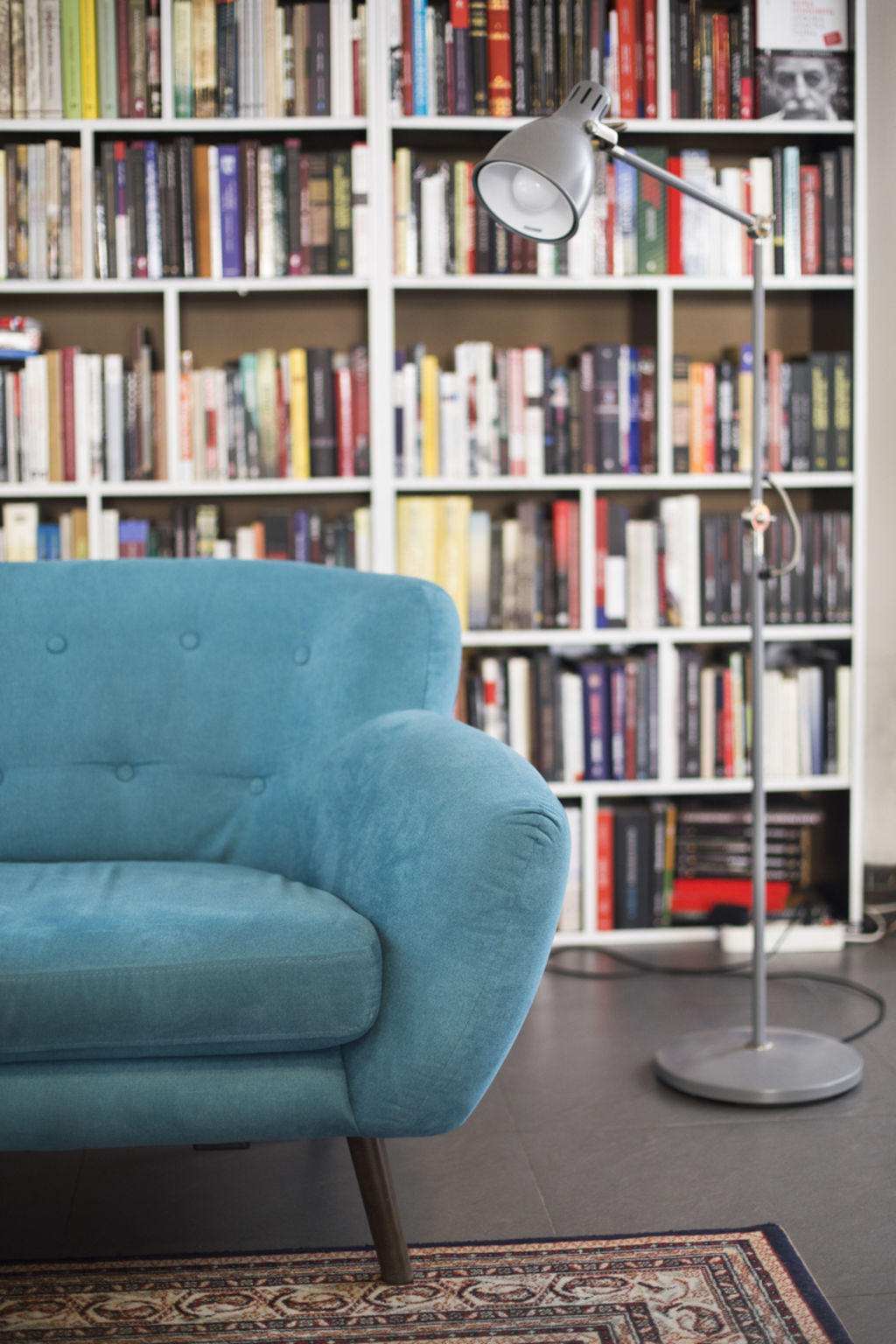
Suffice to say: that did not spark joy in my flatmate.
Book snob? Of course I was. My books were not friends, they were status symbols; and were used as such. Oh sure, I used to love re-reading Little Women once a year. And there are some days that I really miss my copy of On Beauty.
But unless you see yourself, as I once did, as some sort of special, super smart human being, simply because you have objects made of cardboard and paper in your home, it shouldn’t cause all that much grief to part with something you haven’t read in a while.
Besides, I know that all I have to do is go to the internet and I can gaze upon those words again. I can buy it or read it online, which is how I read books these days, by the light of my phone.
Because, sentimentality aside, they are not letters from your long lost lover, they are words – incredible words, sometimes, but words nonetheless.
And the real magic of words is not just that they can transport us, and open us up to greater worlds and new dimensions and deeper feelings, but that we can read them almost anywhere, at any time we wish. And shouldn’t the knowledge of that generate in us something greater than a spark of joy.
We recommend
We thought you might like
States
Capital Cities
Capital Cities - Rentals
Popular Areas
Allhomes
More
- © 2025, CoStar Group Inc.

